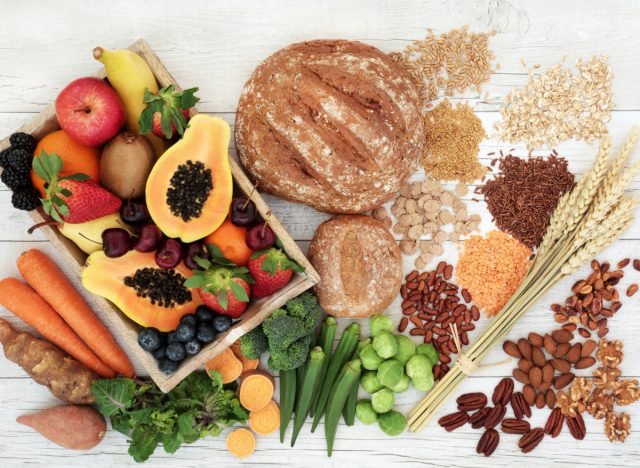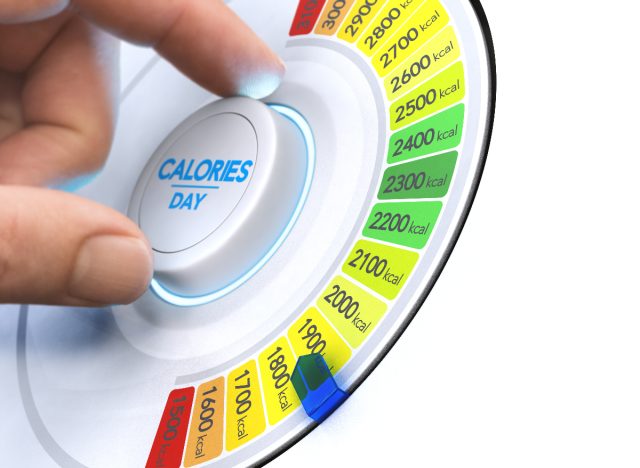7 Ways To Start Losing Belly Fat in 10 Days

If you're kickstarting a journey toward a flatter tummy, making simple yet productive changes in your daily routine can make all the difference in the world. In fact, we chatted with an expert who breaks down five ways to start losing belly fat in 10 days. While melting a substantial amount of belly fat takes hard work, time, and dedication, making the right adjustments in your diet and fitness regimen can help you torch calories, boost your fitness, and make progress toward your fat-loss goals.
Consume fiber-rich foods.

Incorporating fiber-packed foods into your diet is essential to promote satiety and slow down digestion. This, in turn, will help prevent hunger cravings and overeating. "Soluble fiber, in particular, helps reduce visceral fat by stabilizing blood sugar," explains Ronny Garcia, CPT, Blink Fitness. "Try to eat oats, fruits, and vegetables to boost fiber intake."
Stay hydrated.

Boosting your H2O intake is essential if you want to slim down and lead a healthier lifestyle. "Hydration supports metabolism, curbs hunger, and helps flush out toxins," Garcia tells us. "Additionally, drinking a glass of water before meals can help you feel fuller, therefore preventing overeating."
Decrease your salt intake.

Salty foods like potato chips sure do taste good, but they're not ideal for your waistline. Garcia recommends reducing your salt intake. "High levels of sodium cause water retention, which can lead to bloating," says Garcia. "Reducing salt can quickly minimize bloating around the midsection, giving a more toned look."
Establish a calorie deficit.

Establishing a calorie deficit is the most crucial aspect of "dieting" and losing weight. "Lowering your calories below your basal metabolic rate, or the amount of calories your body needs to maintain the same body weight," Garcia points out.
Focus on well-balanced eating habits.

A diet chock-full of whole foods such as lean proteins, fruits, veggies, healthy fats, and whole grains, helps regular blood sugar and delivers essential nutrients to your body. "Try meal planning to [ensure] you are getting all the nutrients you need," Garcia suggests.
Consume small, more frequent meals.

Make it your mission to consume small, more frequent meals. "Eating smaller meals throughout the day can help stabilize blood sugar levels and prevent overeating," Garcia explains. "This strategy helps avoid the sluggishness and bloating that can occur with larger meals."
Perform low-intensity cardio and resistance training.

A well-rounded fitness routine features both cardio and strength training. "Resistance training builds muscle, which increases your resting metabolic rate (RMR)—muscle tissue burns more calories at rest," says Garcia. "Low-intensity cardio, [such as] walking, cycling, or swimming at a low to moderate pace, burns calories, which helps with fat loss."









